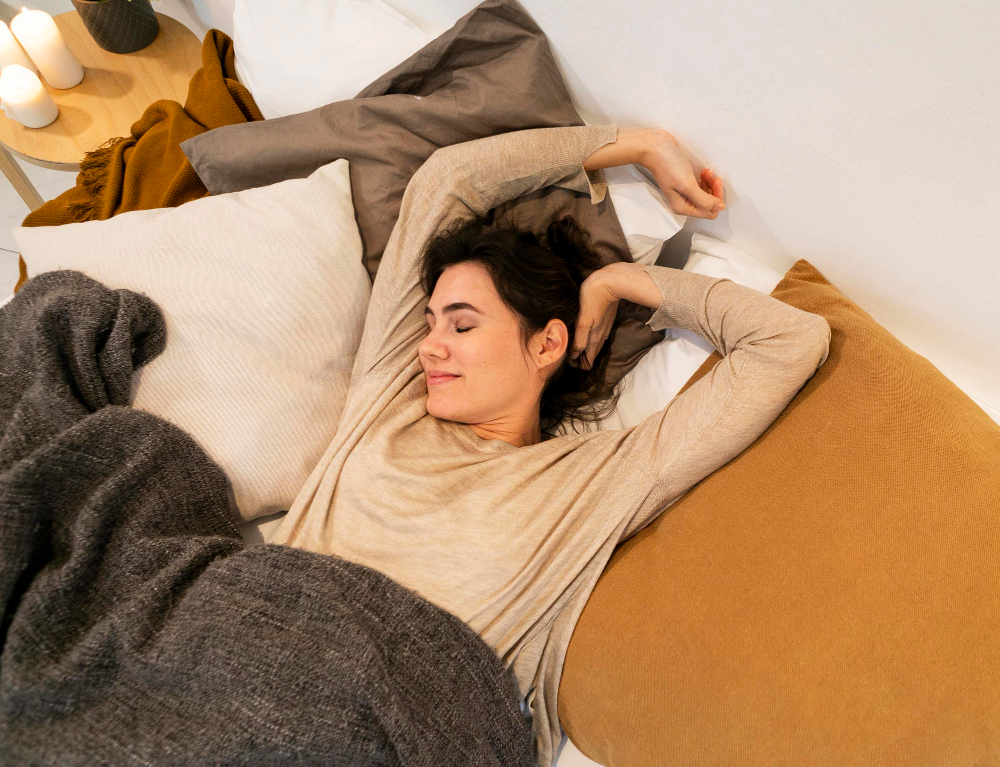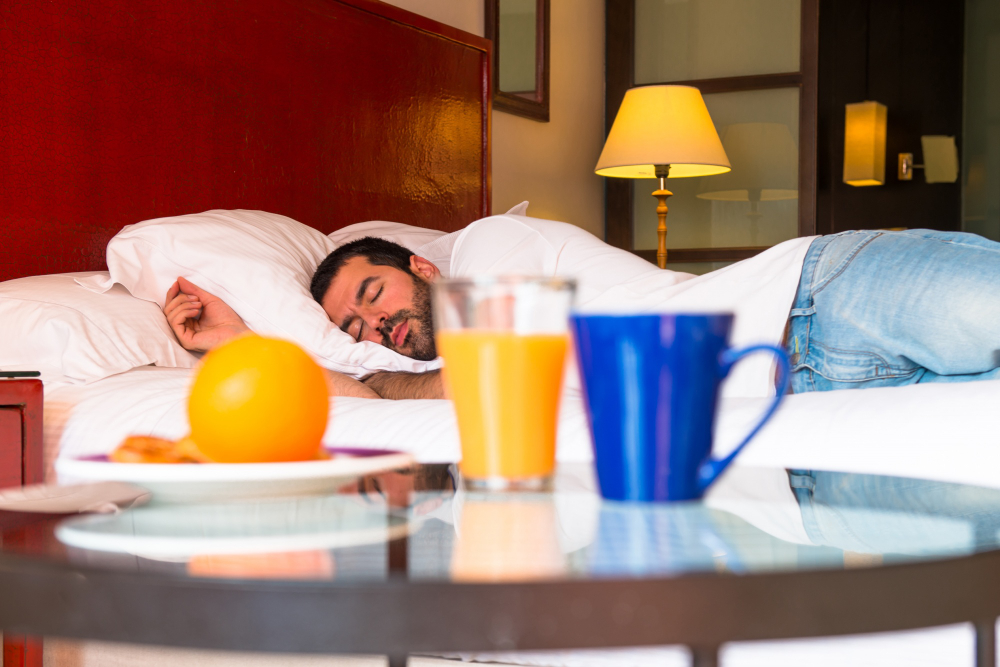Mindfulness and Relaxation Techniques for Reducing Insomnia and Enhancing Sleep Quality
Finding it hard to drift off to sleep? You’re not alone. Insomnia can sneak up on even the best of us, leaving us restless at night and groggy by day. But there’s a silver lining—mindfulness and relaxation practices can be powerful tools to combat insomnia and improve sleep quality. Let’s take a look at some soothing techniques that can help you achieve more peaceful, restorative nights.
Understanding Mindfulness and Its Benefits for Sleep
Mindfulness is the practice of being present in the moment, aware of your thoughts, feelings, and surroundings without judgment. This approach can reduce stress and anxiety—two major culprits behind insomnia. Scientific studies have shown that mindfulness can enhance sleep quality by calming the mind and promoting relaxation.
Effective Mindfulness Practices for Better Sleep
Mindful Breathing
Mindful breathing involves focusing on your breath to anchor your thoughts and relax your body. Here’s a simple way to practice:
- Find a comfortable position, either sitting or lying down.
- Close your eyes and take a deep breath through your nose, counting to four.
- Hold your breath for a count of four, then exhale slowly through your mouth for a count of six.
- Repeat this process for five to ten minutes, allowing your mind to settle and your body to relax.
Body Scan Meditation
Body scan meditation helps release physical tension and promotes relaxation. To try it:
- Lie down in a comfortable position and close your eyes.
- Start at your toes, focusing on any sensations you feel.
- Slowly move your attention up your body, part by part, noticing areas of tension and consciously relaxing them.
- Continue this process until you reach the top of your head.
Mindful Journaling
Journaling before bed can clear your mind of worries and anxieties. Here’s how to start:
- Set aside 10-15 minutes each evening to write in a journal.
- Reflect on your day, noting any thoughts or feelings that come up.
- Write about anything that is weighing on your mind, then close your journal and let go of those thoughts for the night.
Relaxation Techniques to Enhance Sleep Quality
Progressive Muscle Relaxation (PMR)
PMR involves tensing and relaxing different muscle groups to reduce physical tension. Follow these steps:
- Begin by lying down in a comfortable position.
- Starting with your toes, tense the muscles for a count of five, then release.
- Move up your body, tensing and relaxing each muscle group, ending with your face and head.
- Enjoy the sensation of relaxation spreading through your body.
Guided Imagery
Guided imagery helps create a peaceful mental environment conducive to sleep. Try this:
- Close your eyes and imagine a calm, serene place, such as a beach or a forest.
- Picture yourself in this place, engaging all your senses—hear the waves, feel the breeze, smell the trees.
- Spend several minutes in this visualization, allowing your mind to relax and unwind.
Aromatherapy
Aromatherapy uses essential oils to promote relaxation. Recommended oils for sleep include lavender, chamomile, and sandalwood. Here’s how to use them:
- Add a few drops of essential oil to a diffuser in your bedroom.
- Alternatively, mix essential oils with a carrier oil and apply it to your wrists, neck, or temples before bed.
Meditation Techniques for Insomnia Relief
Loving-Kindness Meditation
Loving-kindness meditation focuses on cultivating compassion and positivity. To practice:
- Sit or lie down in a comfortable position.
- Close your eyes and take a few deep breaths.
- Silently repeat phrases such as “May I be safe, may I be happy, may I be healthy, may I live with ease.”
- Extend these wishes to others, starting with loved ones and gradually including all beings.
Mantra Meditation
Mantra meditation uses a repeated word or phrase to calm the mind. Try this:
- Choose a calming word or phrase, such as “peace” or “I am calm.”
- Sit comfortably and close your eyes.
- Silently repeat the mantra with each inhale and exhale, allowing it to anchor your thoughts.
Creating a Sleep-Friendly Environment
Your bedroom environment plays a crucial role in promoting relaxation and sleep. Here are some tips:
- Darkness – Use blackout curtains or an eye mask to block out light.
- Quiet – Use earplugs or a white noise machine to eliminate disruptive sounds.
- Comfort – Ensure your mattress and pillows are comfortable and supportive.
Maintaining a consistent sleep schedule and a calming bedtime routine also supports better sleep. Try to go to bed and wake up at the same time every day, even on weekends.
Your Path to Sweet Dreams
Taking the time to incorporate mindfulness, relaxation techniques, and meditation into your evening routine can make a world of difference. These small changes can transform your sleep, helping you wake up feeling refreshed and ready to take on the day. Explore these practices, find what feels right for you, and look forward to many more peaceful slumbers.



